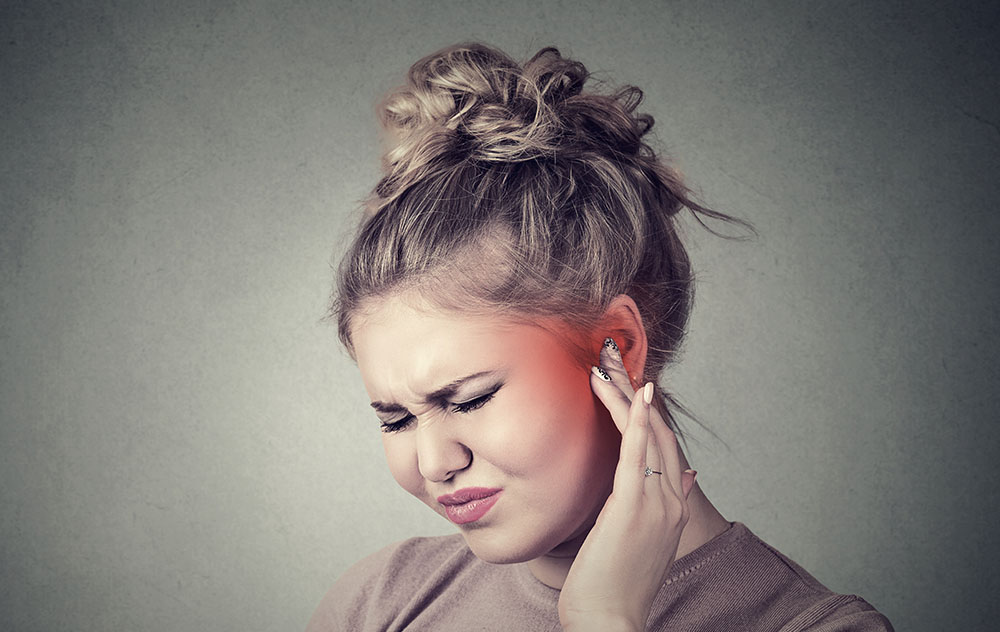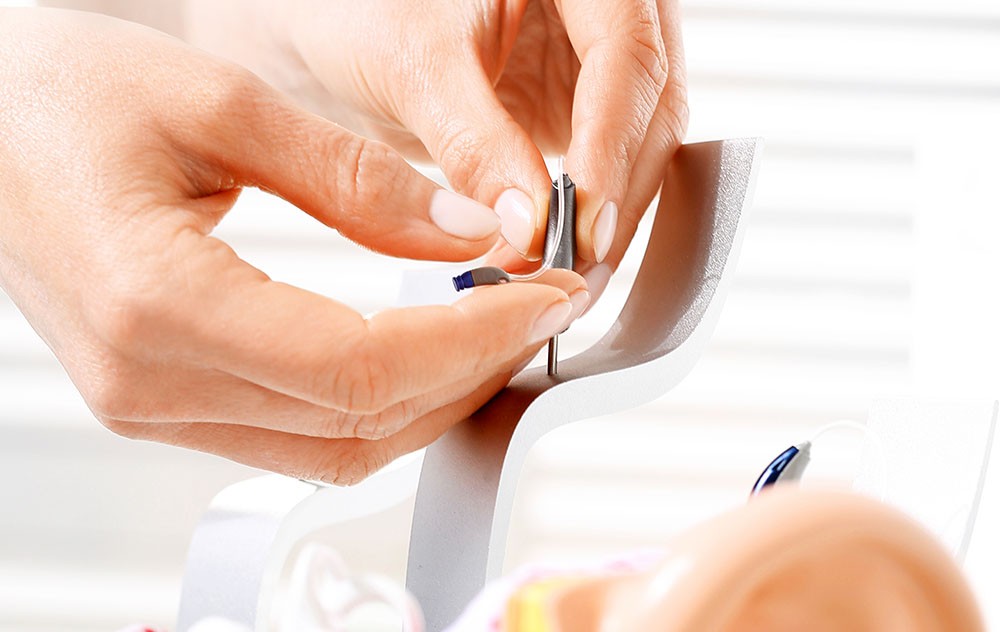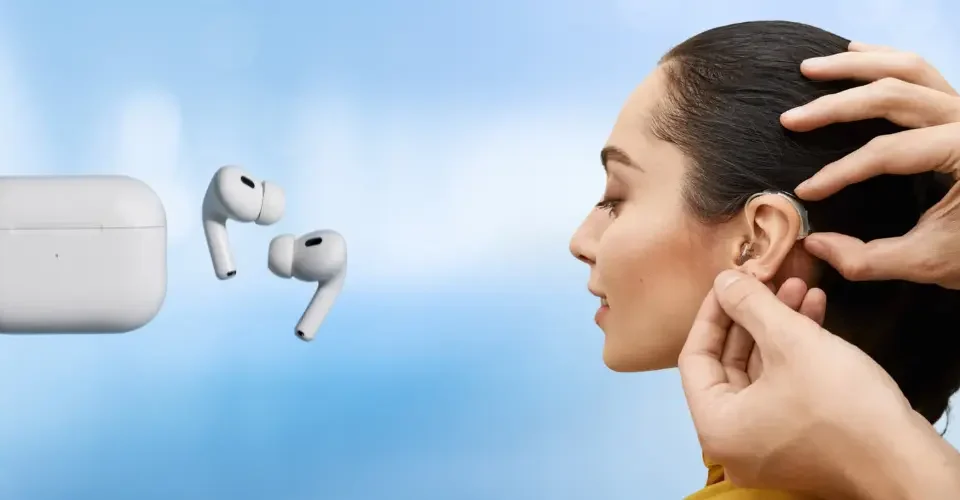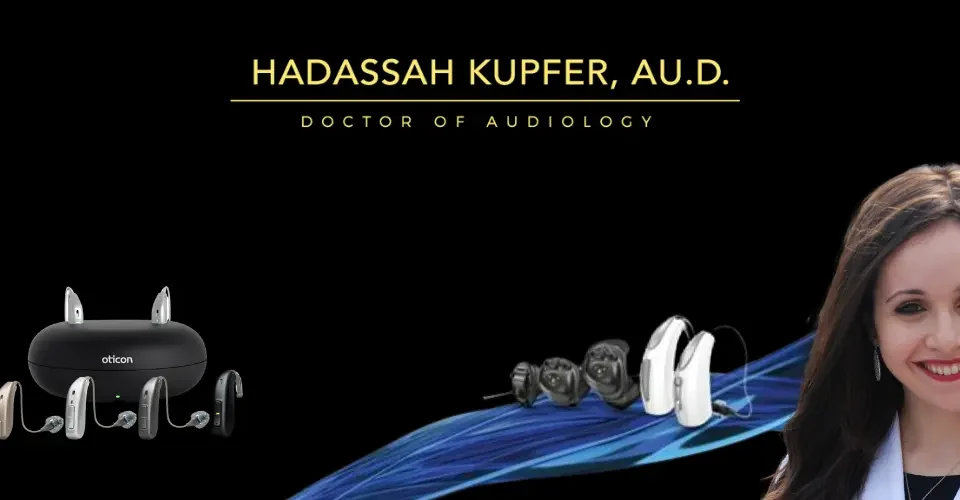
How to Know if Tinnitus is Temporary or Not?
March 15, 2022
How do I Know if I Have a Hearing Loss?
March 15, 2022If you use hearing aids to improve your hearing, it’s natural to want to get the best out of them. The body produces wax, also known as cerumen, to protect the sensitive parts of the ear and it utilizes a self-cleaning mechanism to prevent build-up. When you have hearing aids, the risk of wax gathering in the ears and around the components of the hearing aid increases, and this is where hearing aid wax guards come in handy. If you’re looking for a simple solution for excessive wax to optimize the performance of your hearing aids, here’s a useful guide to wax guards.
What exactly is a hearing aid wax guard?
A wax guard is a small plastic component, which is attached to your hearing aids to prevent wax from getting into the intricate parts of the device. The guard acts as a barrier, sitting in the sound outlet inside the ear canal. By blocking a route to the sound outlet, the guard prevents wax from reaching the inner workings of the hearing aid. As well as blocking the sound outlet from wax, the guard also reduces the risk of dust, dirt and other debris getting into the hearing aid and damaging the speaker. Wax guards are often recommended for hearing aids that sit inside the ear close to the ear canal, as these devices are particularly prone to blockages.
Why would I need a wax guard?
Earwax is a substance that is produced naturally by the body. Our bodies generate wax without us even realizing, and it serves an important purpose, trapping dirt and dust before it can reach the delicate components of the inner ear. Although earwax can be incredibly beneficial, it can pose problems for people who wear hearing aids. If wax gets stuck in the sound outlet of the hearing aid, it can cause blockages, which make it more difficult to hear. If there is a blockage, you may find that sounds appear muffled or that noises seem quieter than usual. Another issue is the risk of wax penetrating other parts of the hearing aid. If there is wax inside the device, this could affect performance and lifespan. In some cases, audiologists can carry out repairs, but prevention is always better than cure. Using a wax guard can help to reduce the risk of problems dramatically at the same time as preserving clarity and quality of sound.
Are hearing aid wax guards effective?
We all produce wax, and often, it doesn’t cause any problems. The trouble is that earwax can be an issue if you have hearing aids, particularly those that are located inside the ear canal. If wax builds up, it could form a blockage or cause damage to the internal components of the hearing aid. Using a wax guard is a preventative measure, which can help to:
- Improve hearing
- Prevent blockages
- Protect your hearing aids from dust, dirt and moisture
- Reduce the risk of malfunction and damage
- Prolong the lifespan of your hearing aids
How long do wax guards last?
Wax guards are susceptible to wear and tear, and they don’t last a lifetime. Typically, it’s advisable to change the guard once a month. If you have any problems with your hearing aids, or the sound appears muffled or muted, it’s a good idea to check the wax guards and consider replacing them, as these signs may indicate a blockage. Everyone is different in terms of how much earwax they produce, and some people will generate more than others. If you do have excessive wax in your ears, your audiologist may advise you to change your wax guards more frequently.
Other ways to tackle excess wax
Wax guards are an effective way to prevent build-up, but there are a couple of other steps you can take to try and protect your hearing aids and prevent blockages. Cleaning your hearing aids is crucial, as this prevents damage to the devices and reduces the risk of infections. Aim to clean your hearing aid using a cleaning kit daily. If you have any issues or questions, don’t hesitate to contact your audiologist. If you do find that you’re struggling to cope with excessive wax, and you’re still having trouble despite using a wax guard your audiologist will be able to help.
Hearing aid wax guards can help to prevent earwax from collecting in the ear canal and reaching the fragile parts of your hearing aids. If you have any questions about wax guards, or you’d like to find out more about the services provided by Hadassah Kupfer, Doctor of Audiology call now at 917-791-1510.




